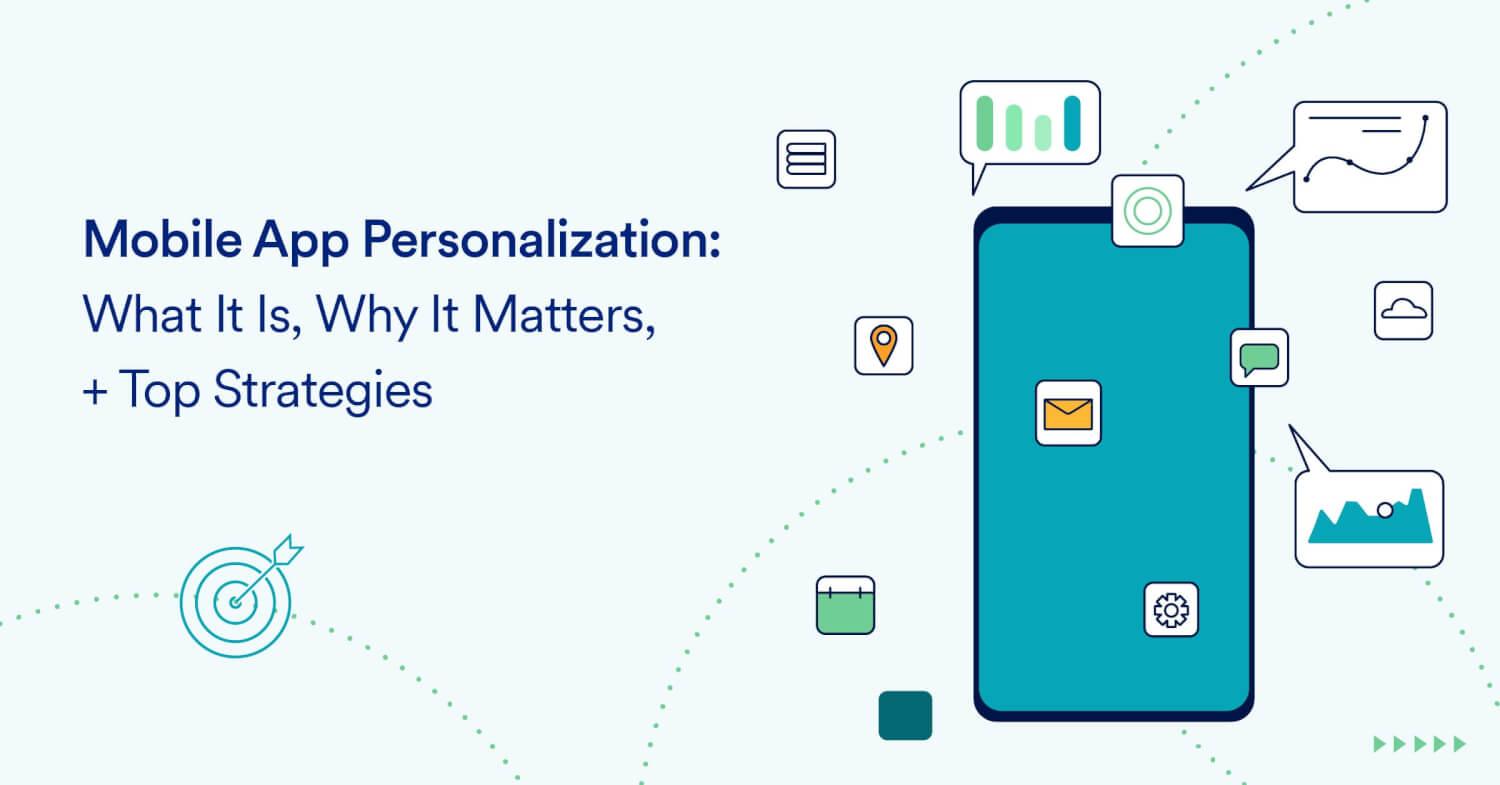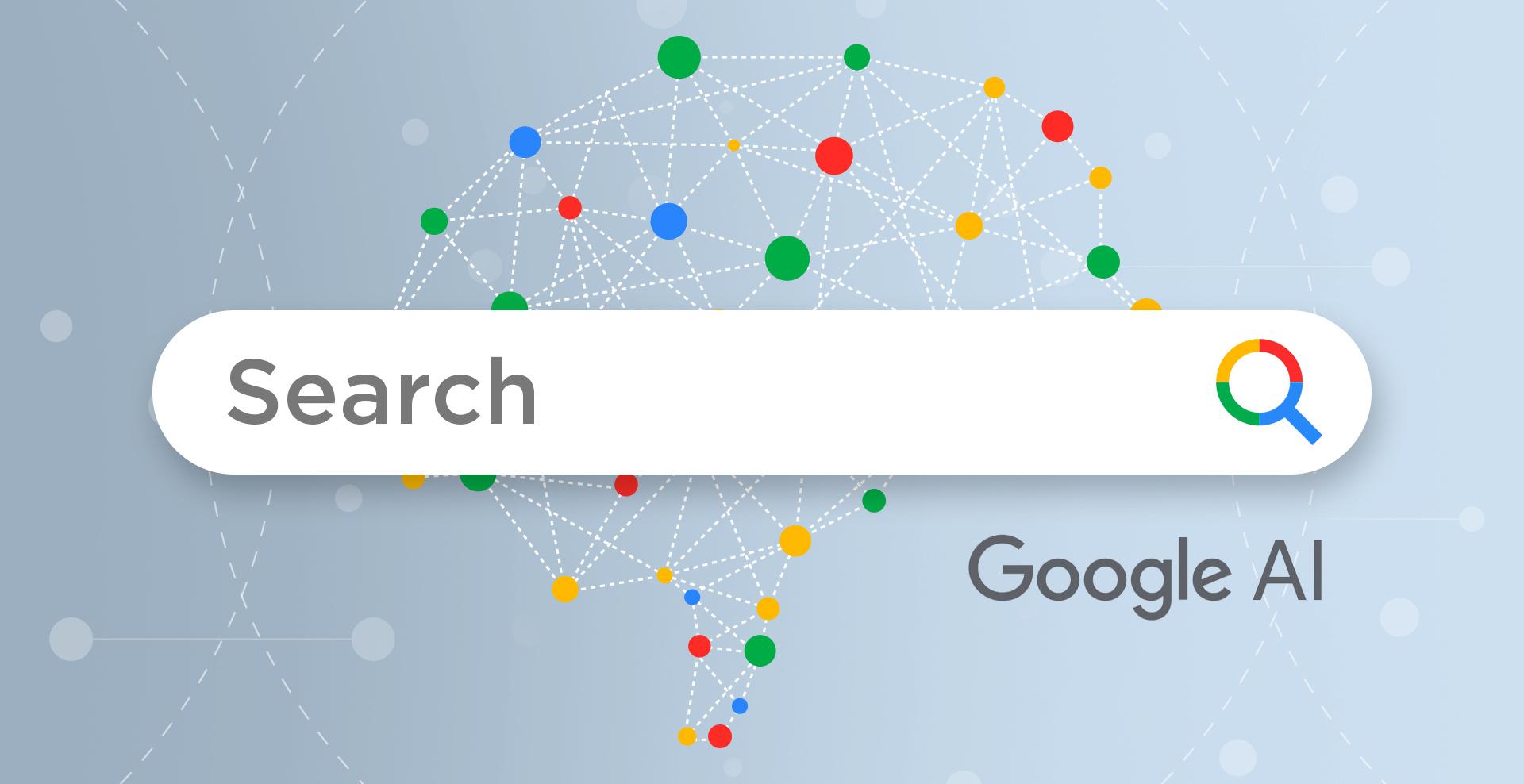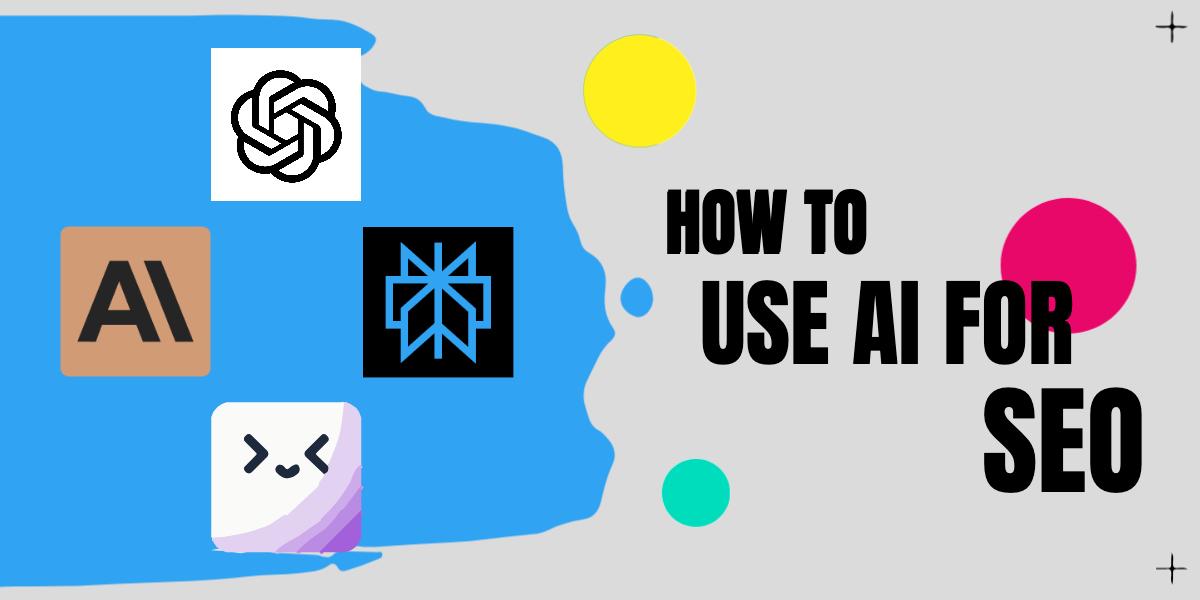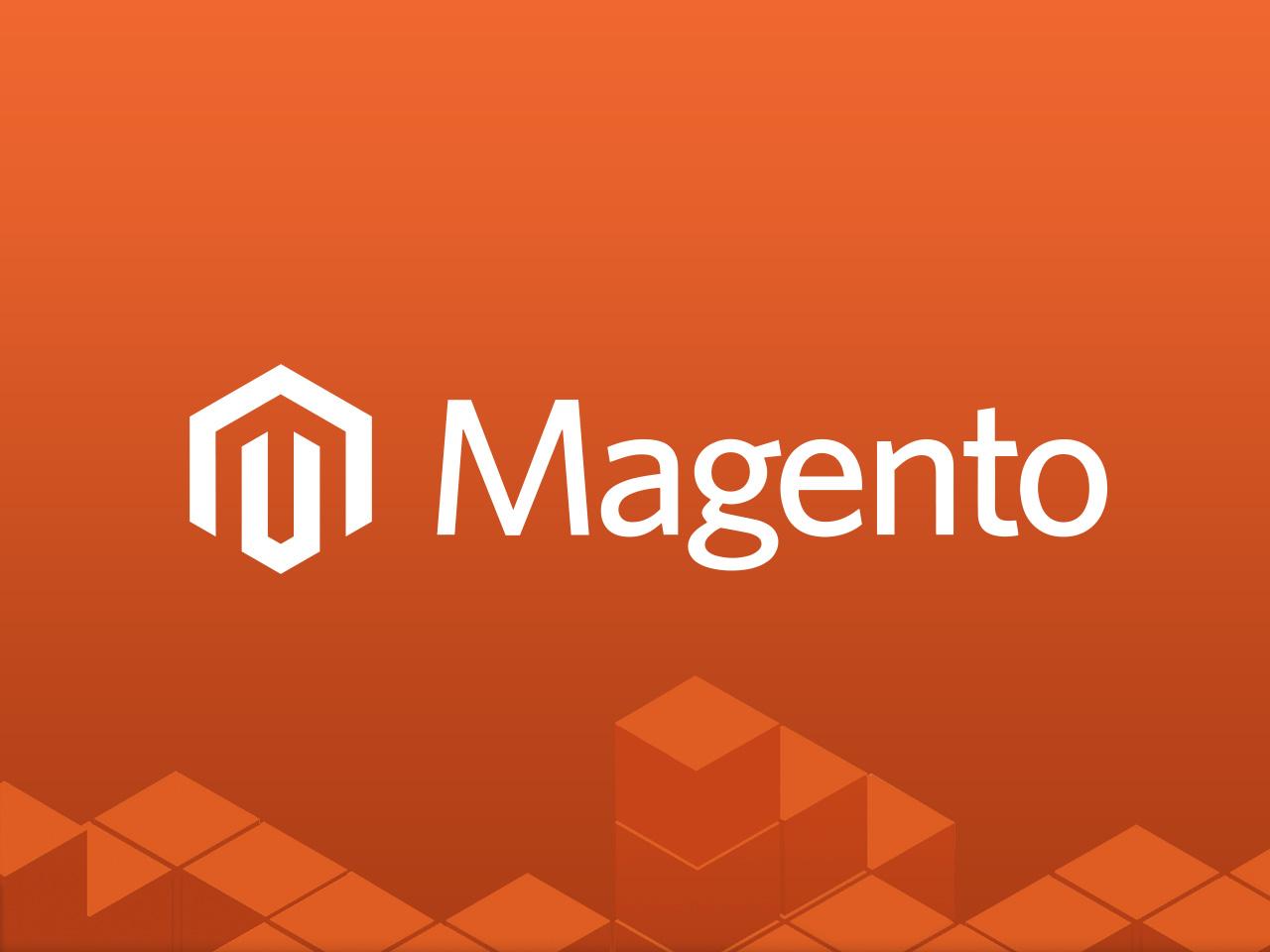Discover the Future of Searches: 6+ Top AI Search Engine Tools you Need to Know!
In today’s digital landscape, the way we search for information has transformed dramatically. Gone are the days of sifting through endless pages of results; now, artificial intelligence is revolutionizing the way we find what we need, making our searches faster, smarter, adn more intuitive then ever before. If you’re tired of generic search results that miss the mark, it’s time to explore the incredible world of AI-powered search engine tools.
Imagine having a virtual assistant at your fingertips, capable of understanding your queries and delivering precise answers—no more scrolling through irrelevant links! In this article, we’ll dive into the top 6+ AI search engine tools that are not just changing the game but redefining how we interact with the web. Whether you’re a professional researcher, a student, or simply someone who wants to make their online experience more efficient, these innovative tools will elevate your search experience. Ready to unleash the full potential of AI? Let’s get started!
Unlocking the Future of Search with AI Technology
As we step into an era dominated by artificial intelligence, the landscape of search engines is undergoing a transformative shift. Conventional search methods are evolving, integrating intelligent algorithms that understand user intent like never before. This evolution is not just about enhancing efficiency; it’s about creating a more intuitive, personalized experience that anticipates our needs.
AI-powered search engines harness the power of machine learning to sift through vast amounts of data, delivering results that are not only relevant but also contextually aware. Imagine a search engine that learns from your queries, adapting over time to provide tailored recommendations. This innovation allows users to find information that aligns closely with their interests and needs, streamlining the search process significantly.
- Semantic Search: AI tools can comprehend the meaning behind words rather than just matching keywords, leading to more accurate results.
- Voice Search Optimization: With AI,voice recognition capabilities are improving,making it easier for users to engage in natural conversations with their search engines.
- Visual Search: AI technologies enable users to search using images, offering a whole new dimension to how we find information.
Moreover, the integration of AI in search engines is paving the way for innovative features like predictive search, which anticipates what users might be looking for based on their previous behavior. This not only enhances the user experience but also significantly reduces the time spent searching for information. Instead of sifting through endless pages, users can find what they need in moments, allowing them to focus on what truly matters.
| AI Search tool | Key Feature | Best For |
|---|---|---|
| Google AI Search | Deep Learning Algorithms | General use |
| Microsoft Bing AI | Integrated Chatbot | Conversational Searches |
| DuckDuckGo | Privacy-Focused AI | Secure Browsing |
| Yext | Structured Data Answers | Local Businesses |
The future of search is undeniably radiant, with AI at the forefront of this revolution. As these tools continue to evolve and integrate deeper into our daily lives, they promise not only to enhance our search capabilities but also to enrich our understanding of the world around us. Embracing these advances is not just an option; it’s essential for staying ahead in this fast-paced digital age.
Why You Should Consider AI Search Engines for Your Business
In today’s fast-paced digital landscape, businesses are constantly looking for ways to enhance their customer experience and streamline operations. One of the most promising advancements in technology is the advent of AI search engines. Unlike traditional search engines, these tools leverage artificial intelligence to deliver highly relevant and personalized results, making them an invaluable asset for businesses across various industries.
Utilizing AI search engines can lead to significant improvements in efficiency and productivity. these platforms can quickly sift through vast amounts of data, providing insights that may not be immediately obvious to human users.This capability allows businesses to:
- Instantly access information: Employees can find the data they need without wasting time on manual searches.
- Reduce operational costs: Automating search functions can decrease the need for extensive customer service teams.
- Enhance user satisfaction: Customers receive faster and more accurate responses to their queries, leading to a better overall experience.
Moreover,AI search engines can adapt and learn from user interactions.As they gather data on user preferences and behavior, they become more adept at delivering tailored content and recommendations. This not only improves the user experience but also fosters stronger customer loyalty. By implementing these tools, businesses can cultivate a deeper understanding of their audiences, allowing for more targeted marketing campaigns and product offerings.
To give you a clearer picture, here’s a simple comparison table of traditional search engines versus AI search engines:
| Feature | Traditional Search Engines | AI Search Engines |
|---|---|---|
| Personalization | Basic keyword matching | Advanced learning algorithms |
| Data Processing Speed | Slower | Real-time processing |
| User Engagement | Static results | Dynamic, interactive results |
| cost Efficiency | Higher operational costs | Lower operational costs |
integrating AI search engines into your business strategy not only keeps you competitive but also positions you as a forward-thinking leader in your industry. With the ability to provide instant, relevant information, enhance user experience, and reduce costs, there’s no reason to overlook these innovative tools. Embracing AI technology is not just an option; it’s becoming a necessity for businesses aiming for long-term success.
Exploring the Best Features of Leading AI Search Tools
The evolution of AI search tools is transforming how we access information, making it faster, more efficient, and tailored to our needs. As these tools become more sophisticated, certain features stand out, enhancing the user experience and improving the quality of search results.
Personalization is one of the standout features. Leading AI search engines utilize algorithms that learn from user behavior, allowing them to deliver customized results based on previous searches, preferences, and even real-time data. This means that no two searches are the same; each interaction refines the tool’s understanding of what you’re looking for.
Another impressive feature is the natural language processing (NLP) capability. Unlike traditional search engines that rely heavily on keyword matching, AI-powered tools can understand context and intent. This allows users to ask questions in a more conversational manner, resulting in more relevant and precise answers. Imagine being able to search for “best Italian restaurants near me” and receiving a list that not only includes ratings and reviews but also considers your dietary preferences!
Moreover, many of these tools come with multimodal search capabilities.Users can query images, text, or voice, making the search experience seamless across different formats. This versatility not only saves time but also provides a richer context for information retrieval. For instance,you can upload a picture of a plant and ask,“What type of plant is this?” and receive instant identification and care tips.
Additionally, the integration of collaboration features is becoming more prevalent in AI search tools. This allows teams to share insights and information efficiently,facilitating better decision-making.Whether you’re in a corporate setting or collaborating with friends for a project, the ability to bookmark, comment, and share results enhances productivity.
| Feature | Benefit |
|---|---|
| Personalization | Tailored search results based on user behavior |
| natural Language Processing | Understanding context for more accurate answers |
| Multimodal Search | Search using text, images, or voice |
| Collaboration tools | Efficient sharing and decision-making |
Enhancing User Experience: How AI Improves Search Accuracy
Artificial Intelligence is fundamentally reshaping the way users engage with search engines, leading to a more intuitive and effective search experience. By leveraging advanced algorithms and machine learning, AI technologies can analyze vast amounts of data to understand user intent better than ever before. This capability allows search engines to deliver highly relevant results that cater to the specific needs of users, making search not just a task but an experience.
One of the most significant advantages of AI in search is itS ability to provide personalized results. By evaluating user behavior, preferences, and search history, AI can tailor search outcomes to align with individual interests. This means that two users searching for the same query may receive different results based on their unique profiles. this personalization enhances engagement and satisfaction, as users find what they are looking for more quickly and efficiently.
Moreover, natural language processing (NLP) has transformed how users interact with search engines. With advancements in NLP, search engines can now understand context, tone, and nuances in language. This leads to more accurate interpretations of queries, allowing users to express their needs in a more conversational manner. For exmaple, rather than typing “weather New York,” a user could simply ask, “What’s the weather like in New York today?” AI’s comprehension of natural language makes searching feel more human-like and intuitive.
Another pivotal aspect is the integration of AI with visual search capabilities.users can now search using images instead of text,which is especially useful in fields such as e-commerce and fashion. AI tools can analyze images, recognize patterns, and provide users with visually similar products or relevant information, enhancing the overall search experience. This innovation caters to the visually driven user and opens up new avenues for revelation.
| AI Tool | Feature | Key Benefit |
|---|---|---|
| Google AI Search | Personalized results | Tailors search results to user preferences |
| Bing Visual Search | Image-based queries | Finds similar items through images |
| IBM Watson Discovery | Natural language understanding | Interprets complex queries accurately |
| Algolia | Instant search | Delivers immediate, relevant results |
Through these enhancements, AI not only streamlines the search process but also enriches the user’s interaction with information. As technology continues to evolve, we can anticipate even more sophisticated tools that will elevate user experiences to unprecedented levels. The future of search lies in AI, where accuracy meets personalization, transforming how we seek and discover information online.

Comparing Cost-Effectiveness: AI Search Engines vs Traditional Tools
When it comes to evaluating the cost-effectiveness of AI search engines compared to traditional tools, several factors come into play. AI-driven platforms leverage advanced algorithms and machine learning to deliver more relevant and context-aware results. This frequently enough translates into a reduction in time spent on searches and an increase in productivity, which can lead to significant cost savings for businesses.
traditional tools, while reliable, often rely on keyword-based searches, which can result in irrelevant results and a longer search time. this inefficiency can lead to:
- Increased manpower costs as employees spend more time sifting through results.
- Missed opportunities due to irrelevant data or information overload.
On the other hand, AI search engines offer enhanced features that can further reduce costs:
- Personalized search results that adapt to user behavior.
- Automated data extraction that minimizes manual work.
- Integration capabilities with other business tools, streamlining workflows.
| Feature | Traditional Tools | AI Search Engines |
|---|---|---|
| Search Relevance | Keyword-based | Context-aware |
| Time Efficiency | Low | High |
| Cost Impact | Higher manpower costs | Reduces operational costs |
moreover,the scalability of AI search engines allows businesses to adapt quickly to changing needs without incurring significant additional costs. Investing in AI technology may seem steep initially, but the long-term savings and enhanced operational efficiency make it a worthwhile consideration. By shifting to AI-driven solutions, companies position themselves for future growth while optimizing their current processes and resources.

Personalization at Its Best: tailoring Search Results with AI
In the age of information overload, the ability to deliver personalized search results has never been more crucial.AI-driven search engines utilize advanced algorithms to understand user intent,preferences,and behaviors. This means that every time you search for something,the results you receive are uniquely tailored to you,enhancing the overall experience.
Imagine a search engine that gets smarter with every interaction. Machine learning models analyze your past searches, clicks, and even the time spent on certain pages. This data is then used to refine future results, ensuring that the information presented is not only relevant but also aligned with your personal interests. as a notable example, users searching for fitness tips might potentially be served content that focuses more on strength training if they’ve shown a preference for it in the past.
Moreover, the integration of natural language processing (NLP) allows AI search engines to understand queries in a more human-like manner. This means you can ask questions conversationally, and the search engine will grasp the context rather than just keywords. The result? More accurate and meaningful answers that resonate with what you’re truly looking for.
Here are some notable features that enhance personalization:
- Contextual Awareness: Understanding user context, such as location and device, to provide localized results.
- User Behavior Tracking: Continuous learning from user interactions to anticipate future searches.
- Customizable Preferences: Allowing users to adjust settings for a more tailored experience.
| AI tool | Key Feature | Personalization Level |
|---|---|---|
| Tool A | Deep Learning Algorithms | High |
| Tool B | Real-time Analytics | Medium |
| Tool C | User Preference Learning | High |
The future of search is not just about finding information; it’s about finding the right information for you,personally. As these tools evolve, they stand to redefine how we interact with content on the web, making our digital experiences not only more efficient but also more enjoyable. With AI leading the charge, the possibilities for personalized search are truly limitless.

top Picks for AI Search Engines to Boost your Productivity
In the fast-paced world of information, staying ahead of the curve requires the right tools. AI search engines are revolutionizing how we access data, enabling users to find relevant information quickly and efficiently. Here are some standout options that can significantly enhance your productivity:
- Ahrefs – Known for its comprehensive site analysis, Ahrefs not only helps with SEO but also serves as a powerful search engine for content discovery. Its AI features can suggest related topics and keywords based on your interests.
- Bing AI – Microsoft’s Bing has integrated AI features that enhance search results by providing contextual information. It’s particularly effective for image searches and local results, making it a versatile tool for various needs.
- SEMrush – This tool is a favorite among marketers. Besides traditional search functions, it offers AI-driven insights into competitors’ strategies, allowing you to refine your approach.
- Kagi – Kagi focuses on user privacy while providing powerful search capabilities.Its AI technology delivers results tailored to your preferences without the clutter, making it a preferred choice for researchers and professionals.
- ZeroGPT – This AI tool specializes in finding the most relevant AI-generated content. Its smart algorithms curate results that are tailored specifically to your queries,saving you time and effort.
Each of these AI search engines offers unique features that cater to different user requirements. Whether you are a marketer, researcher, or content creator, leveraging these tools can lead to smarter search experiences and better productivity. Explore these options to see which resonates with your workflow!
| AI Search Engine | Key Feature | Ideal For |
|---|---|---|
| Ahrefs | Comprehensive site analysis | Content creators & SEO experts |
| Bing AI | Contextual search results | General users & local searches |
| SEMrush | Competitor insights | Digital marketers |
| Kagi | User privacy focus | Researchers & privacy advocates |
| ZeroGPT | Tailored AI content | Content researchers |

Real-World Success Stories: Businesses Thriving with AI Search
In today’s fast-paced digital landscape, businesses are increasingly leveraging AI search engine tools to enhance their operations and improve customer experiences. Companies across various sectors are realizing the potential of AI-powered search solutions to not only streamline processes but also drive significant growth. Here are some compelling examples of businesses that have harnessed the power of AI search to thrive.
E-commerce Giants: Major online retailers like Amazon and Alibaba utilize advanced AI search algorithms to personalize shopping experiences. By analyzing user behavior and preferences, these platforms can deliver tailored product recommendations, boosting conversion rates dramatically. The result? Increased customer loyalty and higher average order values.
Financial Services: companies such as Goldman sachs are integrating AI search tools into their customer service frameworks. With intelligent search capabilities, customers can find relevant financial information quickly, leading to improved satisfaction and trust. This efficiency not only enhances user experience but also enables firms to handle a higher volume of inquiries without additional staff.
Healthcare Innovators: In the healthcare sector, organizations like Epic Systems are utilizing AI search to streamline patient data retrieval. By applying natural language processing,healthcare providers can access critical patient information swiftly,resulting in better decision-making and improved patient outcomes. This conversion is crucial in an industry where time is of the essence.
Education Platforms: Educational institutions and platforms, such as Coursera, have adopted AI search technologies to enhance learning experiences. By employing adaptive search tools, students can quickly find relevant courses and resources tailored to their interests and learning styles. This personalized approach not only boosts engagement but also improves retention rates.
| Industry | Company | AI Search Benefit |
|---|---|---|
| E-commerce | Amazon | Personalized recommendations |
| Finance | Goldman Sachs | Enhanced customer service |
| Healthcare | Epic Systems | Faster patient data access |
| Education | Coursera | Tailored learning experiences |
These success stories illustrate that the integration of AI search engine tools is not just a trend but a necessity for businesses aiming to stay competitive. As more organizations adopt these technologies, the question is no longer whether to implement AI search, but rather how quickly can you make it a central part of your strategy?

Getting Started: Tips for Implementing AI search Solutions
Implementing AI search solutions can transform how users interact with your content,providing them with personalized experiences and efficient information retrieval. Here are some essential tips to get you started:
- Define Your Objectives: Before selecting an AI search tool, pinpoint what you aim to achieve. Whether it’s improving user engagement, boosting conversion rates, or enhancing content discoverability, having clear goals will guide your selection process.
- Understand Your Audience: Knowing your users’ needs and behaviors is crucial. Analyze user data to identify common queries and pain points, ensuring your AI search solution addresses them effectively.
- Choose the Right Tool: With numerous options available, select a search engine that aligns with your objectives. Look for features such as natural language processing,voice search,and machine learning capabilities to maximize efficiency.
- Test and Optimize: After implementation, continuously monitor performance metrics such as search accuracy and user satisfaction. Use A/B testing to experiment with different configurations and refine your AI search settings over time.
Another crucial aspect is ensuring seamless integration with your existing systems. This may involve collaborating with your IT team or the AI vendor to streamline the onboarding process. Pay attention to:
| Integration Aspect | Considerations |
|---|---|
| Data Compatibility | ensure formats align for smooth data flow. |
| User Experience | Maintain intuitive navigation post-integration. |
| Support | Select a vendor with robust customer support. |
Lastly, keep in mind the ethical implications of AI. Always prioritize user privacy and compliance with regulations. Transparency about how data is used enhances trust and encourages users to engage with your AI-powered search features. By thoughtfully executing these tips, you can harness the full potential of AI search solutions, creating a dynamic and responsive surroundings for your audience.

Future Trends: What’s Next for AI in Search Engine technology
The landscape of search engine technology is evolving rapidly, driven by advancements in artificial intelligence.As we look to the future, several key trends are poised to redefine how users interact with search engines, ultimately enhancing user experience and relevance.
- Conversational Search: The rise of voice-activated virtual assistants is pushing search engines to prioritize conversational queries. This means they need to understand natural language better, providing answers that feel more like a discussion than a simple query-response format.
- Personalization: AI is enabling search engines to offer hyper-personalized experiences. By analyzing user behavior, preferences, and location, search engines can tailor results to suit individual needs, transforming generic results into user-centric options.
- Visual Search: The future will see a surge in visual search capabilities. Users will increasingly rely on images rather than text, prompting search engines to integrate AI that can recognize and interpret visuals, allowing users to search using photos instead of keywords.
Additionally, AI-driven semantic search is set to enhance the understanding of context and intent behind user queries.This will not only improve the accuracy of search results but also enable engines to anticipate user needs,delivering information before it’s even requested.
Moreover,the integration of predictive analytics will allow search engines to forecast trends and user behavior patterns. This forward-thinking approach will enable businesses to optimize their content proactively, ensuring they stay ahead of the curve in a competitive landscape.
| trend | description |
|---|---|
| Conversational Search | Enabling natural language understanding for more human-like interactions. |
| Personalization | Delivering tailored search results based on user behavior and preferences. |
| Visual Search | Allowing searches through images instead of text, enhancing user engagement. |
| Semantic Search | Improving context understanding for more accurate results. |
| Predictive Analytics | Anticipating trends and user behavior for proactive content optimization. |
As we embrace these developments, the future of AI in search engine technology promises to create a more intuitive, efficient, and engaging search experience for users globally. Businesses that adapt to these trends will not only enhance their visibility but also foster deeper connections with their audiences.
Frequently Asked Questions (FAQ)
Q&A: Exploring the Top AI Search Engine Tools
Q: What are AI search engine tools, and why are they crucial?
A: AI search engine tools are advanced technologies that utilize artificial intelligence to enhance the way we search for information online. They can understand natural language, offer personalized search results, and even predict what users are looking for based on their behavior. These tools are important because they make information retrieval faster, more accurate, and much more user-friendly, helping both individuals and businesses find exactly what they need with ease.
Q: What are some of the top AI search engine tools available today?
A: There are several standout AI search tools making waves in the industry. As a notable example, Google’s AI Search offers a powerful combination of traditional search capabilities with AI features for context-aware results. Then there’s Bing with Copilot, which integrates AI to provide more conversational and relevant outcomes. DuckDuckGo has also introduced AI elements focusing on privacy while enhancing search accuracy. Additionally, tools like You.com, chatgpt Search, and Wolfram Alpha are redefining how users interact with search engines, infusing them with unique features and capabilities.
Q: How do these tools differ from traditional search engines?
A: Traditional search engines typically rely on keyword matching and ranking algorithms. In contrast, AI search tools leverage natural language processing, machine learning, and user behavior analysis to deliver results that are tailored, context-aware, and relevant to user intent. This means that with AI tools, you can ask questions in a more conversational way and receive answers that are not only precise but also comprehensive, often pulling from multiple sources to provide a holistic view.
Q: Can you give an example of how AI search tools improve user experience?
A: Absolutely! Let’s say you’re planning a trip to Paris. Using a traditional search engine, you might have to sift through countless links to find the best hotels. An AI search tool can understand your intent, consider your preferences (like budget, location, and amenities), and then present you with a curated list of hotels that match your criteria.It saves you time and makes the planning process much more enjoyable!
Q: Are these AI search engines reliable?
A: Yes, many of these AI search engines are becoming increasingly reliable.They continuously learn from user interactions,improving their accuracy over time. Though, it’s always wise to cross-reference information, especially for critical decisions. AI tools are designed to assist and enhance your search, not replace the need for discernment.
Q: How can businesses benefit from using AI search engine tools?
A: Businesses can leverage AI search tools to gain insights into customer behavior, optimize their content for better visibility, and improve customer service interactions through conversational AI.For instance, implementing AI-driven search on their website can help businesses understand what customers are looking for most, allowing them to tailor their offerings and marketing strategies accordingly. This not only boosts efficiency but also enhances customer satisfaction.
Q: What’s the future of AI search engine tools?
A: The future is incredibly bright! As AI technology advances,we can expect even more sophisticated search engines that understand context,offer predictive search capabilities,and seamlessly integrate with other technologies. Imagine a search engine that can not only provide information but also assist in completing tasks, such as booking reservations or purchasing products, all through natural conversation. The possibilities are endless, and it’s an exciting time to be involved in this space.
Q: Why should someone consider using an AI search engine tool over a traditional search engine?
A: if you value speed, accuracy, and a personalized search experience, then switching to an AI search engine tool is a no-brainer. These tools are designed to understand your needs better and provide you with results that resonate with you, making your online searching not just easier, but also more enjoyable. plus, as more peopel discover the advantages of AI in searching, you’ll want to stay ahead of the curve and enjoy the benefits that come with these innovations!
AI search engine tools are revolutionizing the way we find and interact with information online. By embracing these advanced technologies, you can enhance your search experience, whether for personal use or business applications. Ready to explore? Dive into the world of AI search tools today!
The Conclusion
As we wrap up our exploration of the top AI search engine tools, it’s clear that the landscape of information retrieval is evolving at an unprecedented pace. These innovative tools not only enhance our search experiences but also empower us to sift through vast oceans of data with ease and precision.
Imagine having the ability to find exactly what you need in seconds, unlocking insights that were once buried under layers of irrelevant content. Whether you’re a student searching for research materials, a marketer looking for the latest trends, or simply someone who wants to stay informed, these AI tools can be game-changers.
So, why not take the leap? Dive into the world of AI-enhanced search engines and see how they can transform your online experience. The future of searching is here, and it’s smarter, faster, and more intuitive than ever. Embrace these tools, and let them guide you to the answers you seek. Happy searching!




